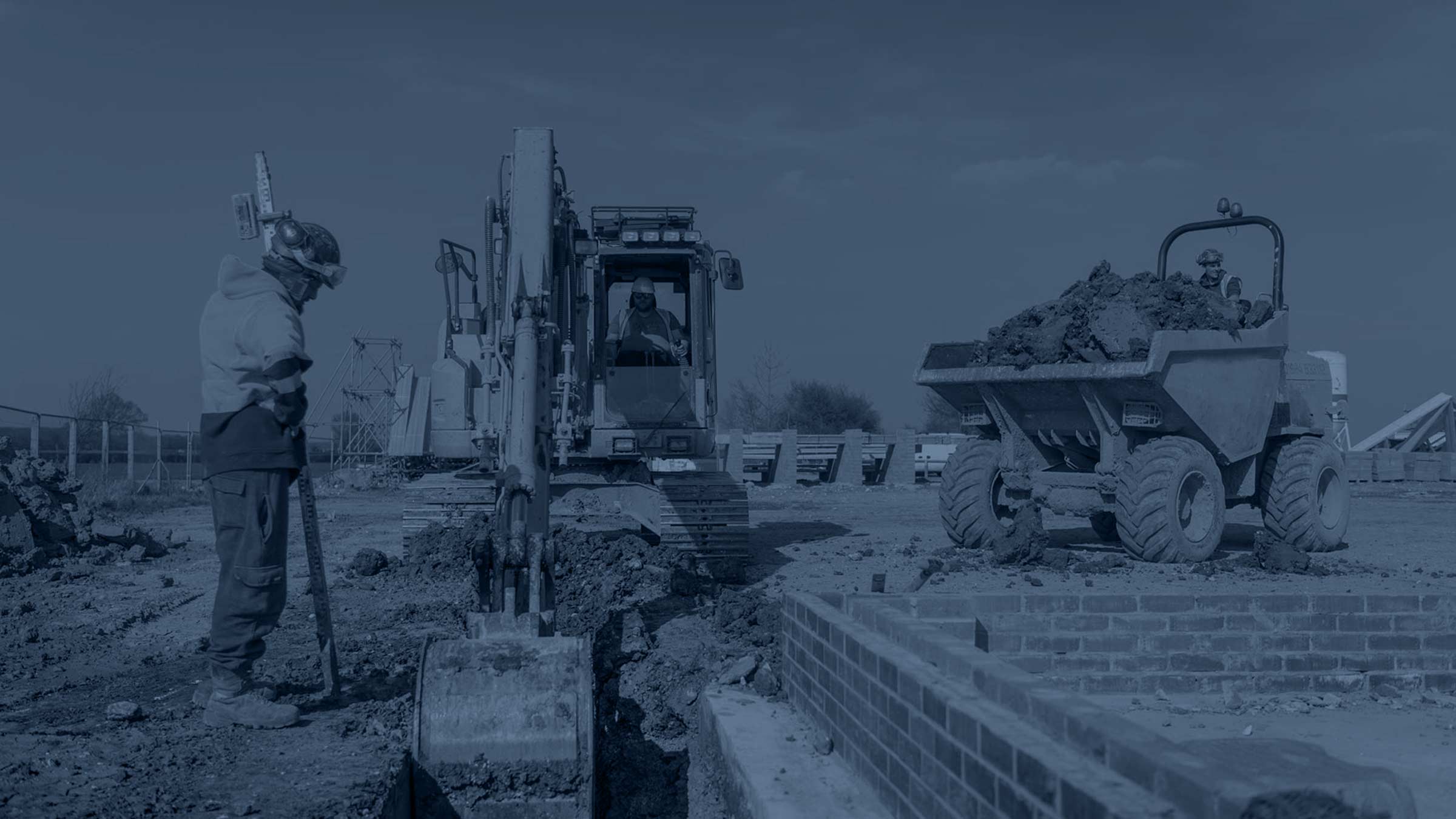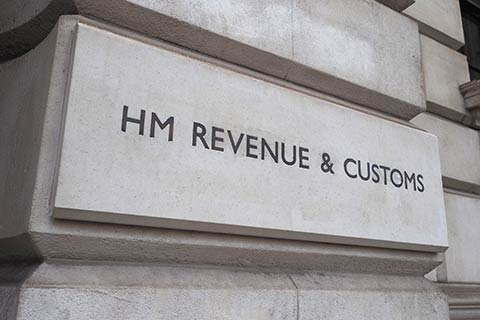11th May 2016 | David Jackson
Association of Independent Professionals & the Self-Employed Conference Review
Tear it up and start again! That was the clear verdict of delegates to last month’s IPSE conference in London, which I enjoyed attending.
One of the highlights of the event was a thought-provoking discussion about taxation. The audience was asked: ‘Would you support a complete rewrite of the tax system?’ An overwhelming 68 per cent voted in favour of ripping it up and starting again.
Tax code facts:
- Britain’s tax code is a staggering 17,000 pages long
- In fact, it’s the longest on the planet
- The Hong Kong tax code – widely acknowledged as the world’s most efficient – says everything it needs to in 276 pages
- Britain’s tax code has more than trebled in size since 1997
Source: The Guardian February 2015
Small wonder then that most people feel the current system is too out-dated – and unwieldy – to be salvaged by tinkering around and that a more radical approach is needed.
As IPSE says: “Taxation has long been an issue for freelancers and the self-employed. They struggle to deal with a notoriously complex system that doesn’t accommodate them, and are often unfairly accused of tax avoidance.”
Overall, the event was well attended and tone, content and scope of the discussions held were excellent. You can read more here
Other issues facing the industry
A couple of recent reports by recruitment consultants Randstad CPE and engineering giant Arcadis (now incorporating construction consultants EC Harris) highlight the issues facing house builders if new home targets are to be met.
Randstad’s report highlights three key issues:
- By 2020, the UK will need a total of 1.98 million housebuiding workers to build the necessary 300,000 houses a year
- It means the workforce needs to more than double – the creation of an extra million jobs need to be created by the end of the decade
- Meanwhile, our construction workforce is ageing – with 12% already 60+ and 4.3% actively considering retirement
Read the full report here
The Arcadis report drills deeper, and examines at the individual trades that are needed to fulfil the housing targets.
In particular, the bricklaying workforce shrunk in line with the collapse in house building after 2008, and rebuilding the skills base will be tough.
Key facts:
- Britain needs around 53,000 additional bricklayers to meet a target of even 200,000 new homes per year.
- Alternatively, to meet the target, 80% of the current bricklayer workforce is required.
- If this proves impossible, the construction industry needs to come up with building methods that are not dependent on scarce, specialist labour.
- Labour shortages are not confined to bricklayers. Serious shortages of plasterers, scaffolders, roofers, architects and quantity surveyors have also been identified.
View the report here
Next stop Dublin
Later this month, I will attending the Trinity Global Business Forum in Dublin. The theme of this inaugural event is The Future of Business which will be explored in a series of keynote speeches, panel discussions, workshops and networking sessions.
I am on the panel to examine The Future of Work in the 21st Century along with Professor Andrew Burke, Dean of the Trinity Business School, Derek Butler, CEO at Grid Finance, Simon McVicker, IPSE Policy Director and Lan O'Connor, Group Transformation Director, Capgemini.



